-
Diabetes
-
Liver and Kidney Disease
The primary role of the liver is to eliminate toxins from the body, aid in the digestion of nutrients, particularly those traveling from our stomach before they rejoin our blood stream and produce blood protein and blood clotting agents.
Many dietary and lifestyle factors can lead to the damage and inflammation of our liver, most commonly those caused by our affluent lifestyles:
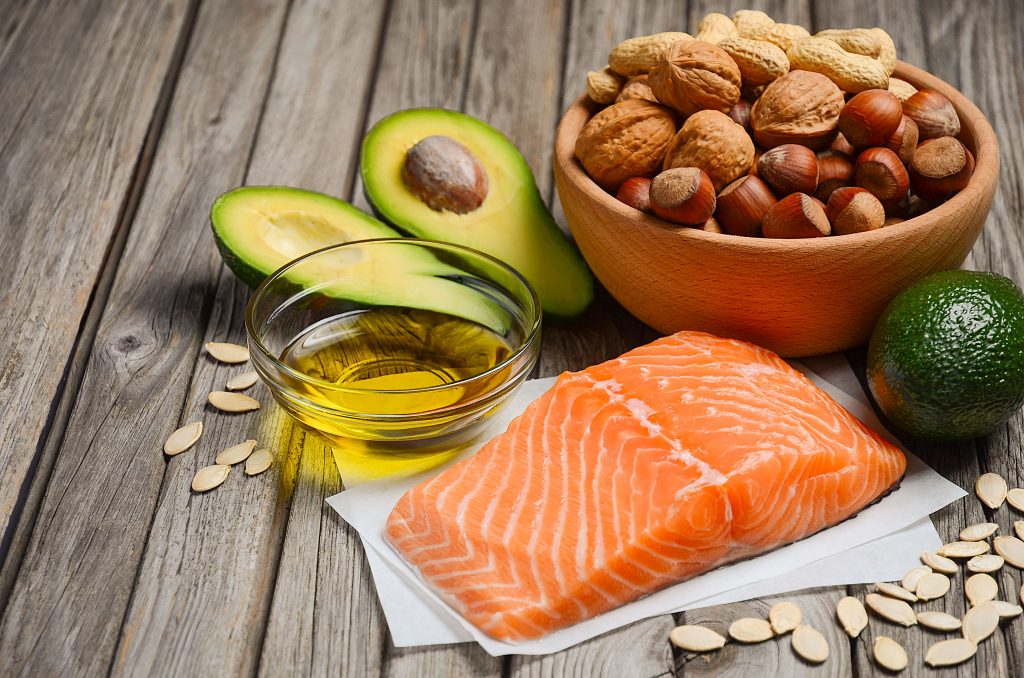
Dietary risk factors include:
- Overweight or obesity.
- A waist circumference of more than 80cm for women and 94cm for men.
- Existing deranged liver enzymes or cholesterol levels (triglycerides, total cholesterol, elevated liver function tests).
- Existing pre-diabetes or diabetes.
- Alcoholism.
Forms of liver damage can exist commonly as ‘fatty liver’, which is commonly caused by obesity and central weight gain, the prolonged use of regular drug therapy (e.g. steroids, opioids, chemotherapy) and, of course, alcohol.
Often alcohol is responsible for other conditions such as Alcohol Steatohepatitis and cirrhosis, but it can exist also as non-Alcohol Steatohepatitis (NASH).
Cirrhosis causes death of the liver cells, which is almost irreversible, and in the long term can lead to liver failure, massive nutrient imbalances, loss of appetite and severe malnutrition and weight loss.
It is extremely important that you contact your dietitian if any of these liver conditions are present and/or if you have one or more of the risk factors listed above.
What is kidney nutrition?
Looking after the health and well-being of our kidneys (renal system) is important at any age. The kidneys act as a filter, working to excrete waste products from our bodies through urine. These waste products are largely related to the food we eat.
Many factors can affect your kidney function. These include age, poorly controlled Type 1 and 2 diabetes, cardiac problems, elevated blood pressure, being overweight or obese, episodes where you are very unwell (acute medical problems) as well as dehydration. When your kidneys are under more stress, it can mean that you have a greater chance of long lasting damage to your kidneys.
How can PPN dietitians help with liver and kidney disease and nutrition?
Our dietitians can help you to ensure you are eating the correct foods to achieve a healthy body weight. This will also optimise your nutritional status, to preserve kidney and liver function and health.
Our dietitians are highly qualified in this area and can assist you to:
- Achieve a healthy body weight.
- Lower your triglycerides through diet, medication or both.
- Improve your diabetes control if you’re a Type 1 or Type 2 diabetic or have pre-diabetes
- Adopt a healthy, well balance diet.
- Work out important nutrient requirements for those persons with liver failure and closely monitor their body composition (energy stores, muscle mass, fat mass, prevent weight loss).
- Increase your physical activity levels – get regular check-ups from a doctor who specialises in liver care and an exercise physiologist.
If you already have kidney impairment or end stage kidney failure, our dietitians can help to develop a tailored meal plan that provides the appropriate levels of protein, sodium (salt), potassium and phosphate, which can be dangerous to a person with kidney failure if consumed in excessive amounts.
-
Malnutrition

What is malnutrition?
Malnutrition is when a person is not getting enough food or the right kind of food, to meet their nutritional requirements. If the food an individual is consuming does not contain adequate amounts of the proper micronutrients, they can become malnourished and unwell, regardless of their total body weight.
Preventing unintentional weight loss
Some people find that due to various diseases or metabolic reasons, they are unable to maintain their body weight or experience unintentional weight loss. Situations where this is commonly seen is in cancer patients who are undergoing harsh treatments, or in elderly patients who have lost their appetite and struggling with food intake.
When individuals are underweight or malnourished, they need to increase body weight to improve their health and prevent the increased risk of morbidity and mortality.
Medical nutrition supplements for weight gain
Medical nutrition supplements are specially formulated drinks that are used when people are struggling to meet their daily nutrition requirements. They are commonly used in a clinical setting but can also be used in the private setting. These drinks are often nutritionally complete, which means that they can be used as a sole source of nutrition if required or as a nutrition ‘top up’, if the diet is not providing adequate micro- and macro-nutrients.
How can PPN dietitians help manage malnutrition?
Our dietitians can help by conducting an analysis of your current food intake to determine whether your diet is adequate in providing the correct amount of micro- and macro-nutrients. From this analysis, our dietitians will come up with a nutritionally balanced eating plan that will provide your body with the nutrients it requires. Our dietitians can provide meal fortification strategies to help maximise the nutrition in every mouthful of food. We can also recommend appropriate vitamin supplements, as well as medical nutrition supplement drinks for top up nutrition or until your diet and food intake is optimised.
-
Pregnancy
-
Inflammatory Bowel
What is inflammatory bowel disease?
Inflammatory bowel disease refers to two chronic inflammatory disease of the bowel: Ulcerative Colitis and Chron’s disease.
Chron’s disease is the more severe of the two. It involves inflammation affecting any area of the digestive tract from mouth to anus, causing inflammation of the entire bowel wall.

Ulcerative Colitis is only found to cause inflammation of the large bowel and rectum. Inflammation only occurs in one layer of the bowel lining.
The symptoms for both Ulcerative Colitis and Chron’s disease can include:
- abdominal pain.
- blood in the stool.
- diarrhoea.
- nausea.
- loss of appetite.
- fever.
- unintended weight loss.
- malnutrition.
How can PPN dietitians help manage inflammatory bowel disease?
Inflammatory bowel disease is best managed by a range of treatments, one of these being dietary modification. Certain foods can irritate the bowel and exacerbate symptoms; hence, they should be avoided where possible. The dietitians at PPN can educate you on the best type of diet to follow to best manage your condition, either when the condition is asymptomatic or when you might be experiencing a flare up. Our dietitians can also assess your overall intake to help prevent nutritional deficiencies that may arise due to poor food choice or malabsorption issues.
-
Irritable Bowel
What is irritable bowel syndrome?
Irritable bowel syndrome (IBS) is a common condition. One in five Australians experience symptoms at some point in their life. Those with IBS tend to have a more sensitive gastrointestinal tract. As a result, they tend to experience a range of uncomfortable gut symptoms on a regular basis. These symptoms may include bloating, wind, pain, constipation, diarrhoea as well as nausea.

How can PPN dietitians help with IBS?
The dietitians at PPN are well trained in the area of IBS. We will assist you with identifying and eliminating certain foods that may exacerbate your symptoms. Diet is a well-known trigger for IBS, with certain foods causing an increase in symptoms such as abdominal pain, bloating, wind, constipation and diarrhoea. Our dietitians can provide information regarding the low FODMAP diet, which reduces a wide range of fermentable carbohydrate components shown to cause bowel issues in many people with IBS. We can also provide advice on natural gut irritants and recommend probiotics to help improve intestinal microflora and gut health.
-
Oncology (Cancer)
What is oncology nutrition?
Nutrition plays a major role in assisting the treatment of cancer patients. When undergoing treatment therapies, including chemotherapy and/or radiotherapy, an individual’s nutritional requirements are usually increased, meaning they need larger volumes of food or a high calorie intake. However, often unpleasant side effects are experienced during treatment, which makes it difficult to obtain adequate nutrition intake.
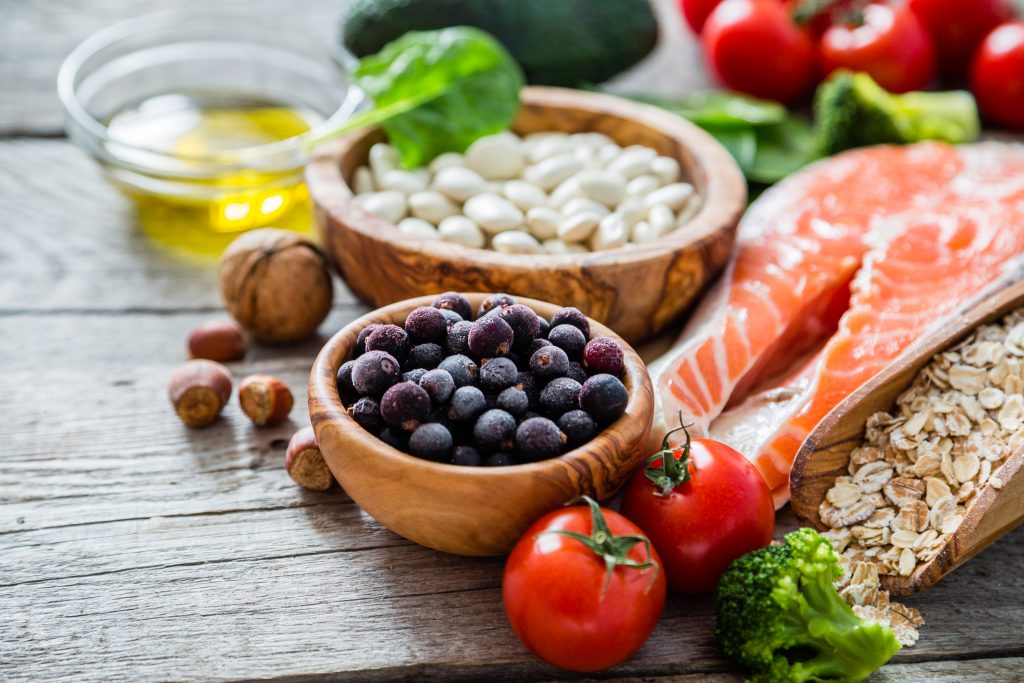
Common side effects of these treatments include:
- Unintentional loss of weight and lean muscle mass.
- Loss of appetite.
- Nausea.
- Vomiting.
- Mouth ulcers.
- Taste changes.
How can PPN dietitians help with oncology nutrition?
Our dietitians can help you to meet your increased nutritional requirements by developing tailored meal plans that will provide your body with the fuel it needs throughout your treatment. This may include high energy and high protein food suggestions, meal fortification strategies, as well as the inclusion of nutritional supplements. We will provide advice on ways to best maintain muscle mass and prevent unwanted weight loss, as well as provide suggestions on ways to boost and strengthen your immune system during this critical time. Our dietitians can also discuss ways to combat any unpleasant side effects you might experience to optimise your health and nutrition.
-
Kidney Nutrition
What is kidney nutrition?
Looking after the health and well-being of our kidneys (renal system) is important at any age. The kidneys act as a filter, working to excrete waste products from our bodies through urine. These waste products are largely related to the food we eat.
Many factors can affect your kidney function. These include age, poorly controlled Type 1 and 2 diabetes, cardiac problems, elevated blood pressure, being overweight or obese, episodes where you are very unwell (acute medical problems) as well as dehydration. When your kidneys are under more stress, it can mean that you have a greater chance of long lasting damage to your kidneys.

How can PPN dietitians help with kidney nutrition?
Our dietitians can help you to ensure you are eating the correct foods to achieve a healthy body weight. This will also optimise your nutritional status, to preserve kidney function and health.
If you already have kidney impairment or end stage kidney failure, our dietitians can help to develop a tailored meal plan that provides the appropriate levels of protein, sodium (salt), potassium and phosphate, which can be dangerous to a person with kidney failure if consumed in excessive amounts.
-
Eating Disorders
-
Paediatric Nutrition
What is paediatric nutrition?
In the first 12 months of life, a human grows faster than at any other time. Making sure your infant is getting the right nutrition is vital to getting the best start to life. Breastfeeding is the preferred source of nutrition up until about six months of age, but if you are unable to breastfeed, infant formula is also suitable.
The introduction of solids and timing of certain foods play an important role in allergy prevention, and habits formed during toddler nutrition are important for setting a good dietary framework for later in life.

How can PPN dietitians help with paediatric nutrition?
Our dietitians can help you and your infant if he/she is struggling to gain weight (failure to thrive), has trouble feeding, gut or digestive issues, colic, reflux or allergies/intolerances. We can advise you of a suitable dietary strategy in terms of breastfeeding or a suitable formula to assist with any of these issues.
Once solids have been introduced and into the toddler years, we can help you with strategies to deal with fussy eating or determine whether there are deeper issues such as food phobias. We can also help you with suitable balanced and nutritious meal and snack ideas for toddlers and children if you are looking for some guidance or just want to check that you are on the right track.
-
Coeliac Disease
What is Coeliac disease?
Coeliac disease is an autoimmune condition where the body’s immune system reacts to gluten. Gluten is a protein found in wheat, rye, triticale and barley. This immune response causes damage to the small bowel lining, resulting in the malabsorption of nutrients. The symptoms associated with this disease vary greatly from person to person. The most common symptoms include bloating, wind, diarrhoea or constipation, iron deficiency, vitamin and mineral deficiencies, and fatigue.

How can PPN dietitians help manage Coeliac disease?
The only known treatment for Coeliac disease is a strict, long-term gluten-free diet. Our dietitians will help you implement a gluten free diet to ensure that you avoid further small bowel damage. The risk of bowel cancer is also reduced. Your dietitian can educate you on common food sources of gluten, as well as how to read food labels to identify traces of gluten that may be present. Your dietitian will also be able to monitor and correct any nutritional deficiencies that may be present as well as provide suggestions for healthy gluten free meals and snacks to ensure optimal nutrition.
-
Healthy Ageing

What is healthy ageing?
A part of healthy ageing is ensuring that you receive the adequate nutrients that your body needs when it enters different stages of life. For some people this is affected by decreased total energy intake due to decreased mobility and therefore decreased exercise. For others it may mean increased energy intake due to ongoing chronic health conditions resulting in loss of weight and strength or decreased appetite. Elderly people are also at risk of nutrient deficiencies.
Diet is very important to assist with preventing and managing conditions that are common in the elderly population, such as:
- Osteoporosis.
- Heart disease.
- Hypertension (high blood pressure).
- Hypercholesterolemia (high cholesterol).
- Diabetes.
How can PPN dietitians help with healthy ageing?
Our dietitians can carry out a full nutrition assessment, taking into account physical activity levels and mobility. From this we will help you by formulating a plan to help you to achieve your goals, whether it is increased strength, weight gain or weight loss, prevention of a chronic health condition or just making sure you are obtaining adequate vitamins and minerals from your diet. The use of dietary supplements can also be very beneficial to assist with preventing loss of weight and decreased muscle mass, as well as assisting with decreased appetite. Our dietitians can also help to determine which supplement would be best suited.
-
Heart Disease

What is heart disease?
Heart, or cardiovascular, disease defines any disease that affects the cardiovascular system, including:
- Coronary heart disease.
- Stroke.
- Heart failure and cardiomyopathy.
- Peripheral vascular disease.
- Congenital heart disease.
The main cause of cardiovascular disease is atherosclerosis. This is the build up of fat and other substances, which cause plaque formation inside the arteries. High blood pressure and high cholesterol levels are also concerning issues that need to be addressed. Further, to optimise heart health it is important to aim for a healthy weight range. This will ensure visceral ‘toxic’ fat levels are within a healthy range.
How PPN dietitians can help manage heart disease?
Our dietitians can help by conducting a full assessment to identify dietary factors that may be contributing to heart disease. From this we will develop a plan to include more heart-friendly foods in your diet and to eliminate those that are problematic.
If you need to lose weight, we can design tailored meal programs for you and your family that meets your weight loss goals. Our aim is to help you not only lose body weight, but to reduce harmful levels of visceral ‘toxic’ fat while maintaining lean muscle mass. At each consultation we can complete a full body composition assessment to measure your levels of body fat, muscle mass, bone mass and metabolic age.
We will also encourage increased physical activity to optimise cardiovascular health.
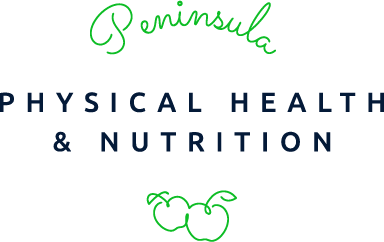
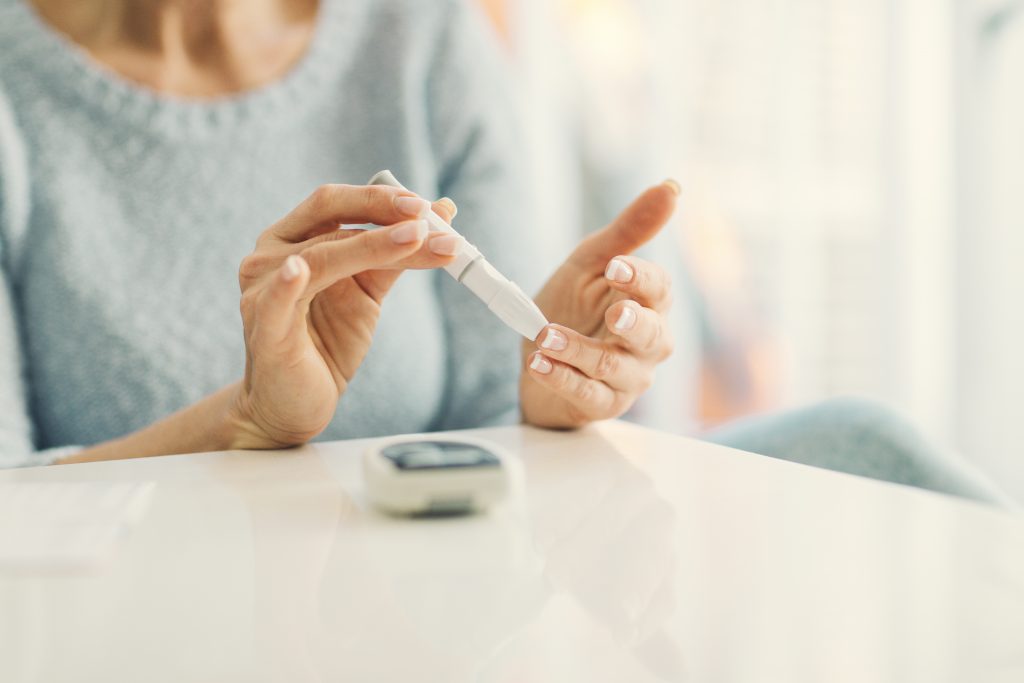
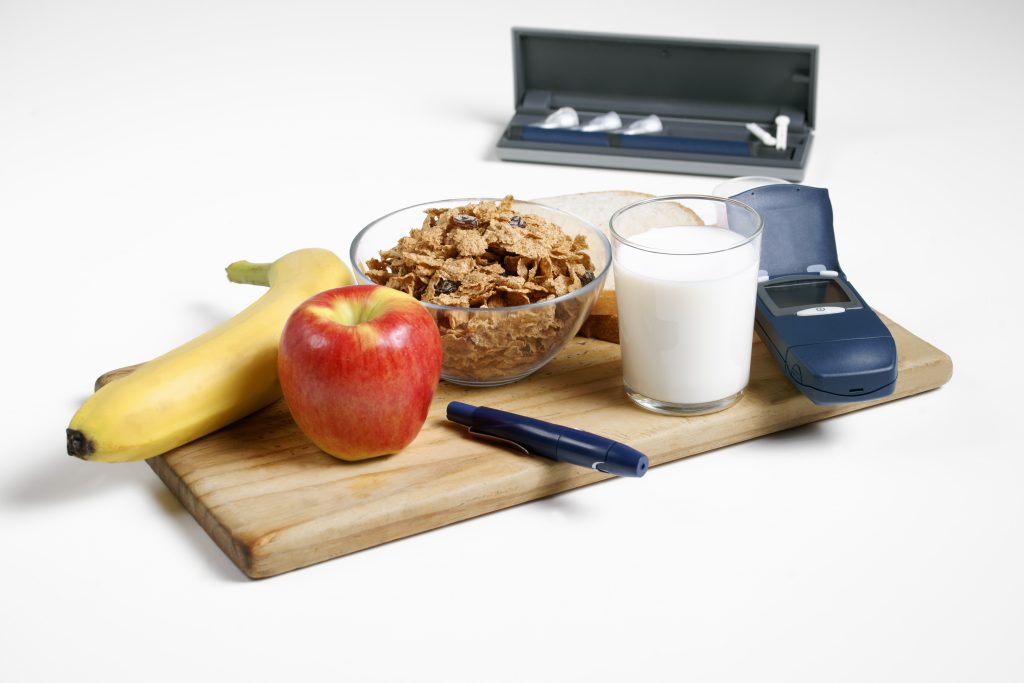

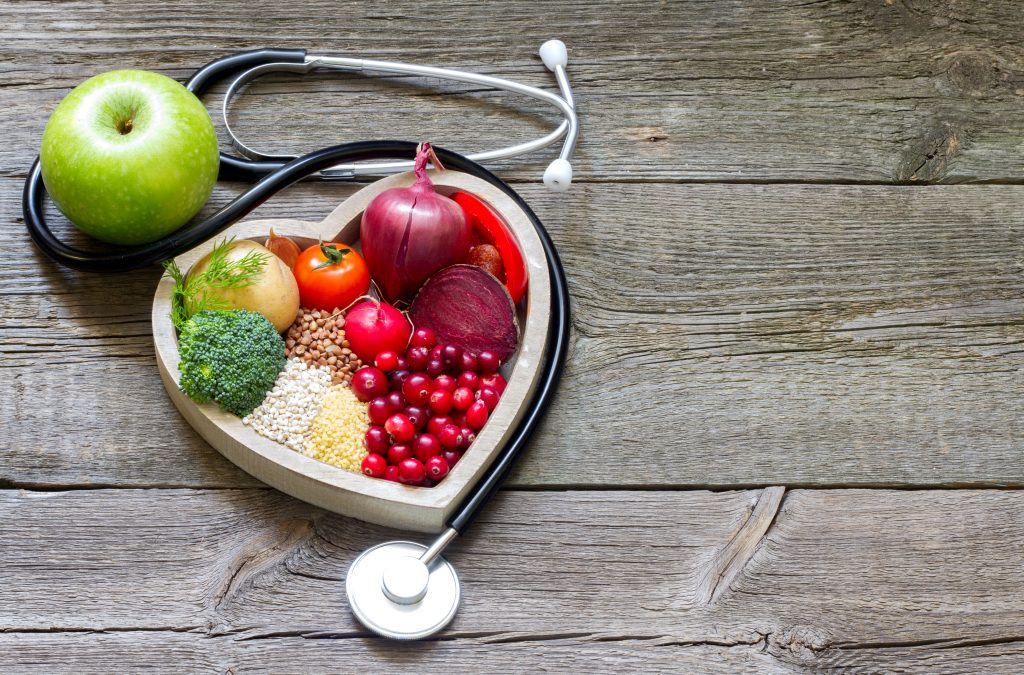




 If you are trying to fall pregnant and have been having difficulties, some dietary changes can have a positive influence on your health and increase your chance of falling pregnant. Nutrition is vital for a healthy body and a healthy reproductive system, both for males and females.
If you are trying to fall pregnant and have been having difficulties, some dietary changes can have a positive influence on your health and increase your chance of falling pregnant. Nutrition is vital for a healthy body and a healthy reproductive system, both for males and females.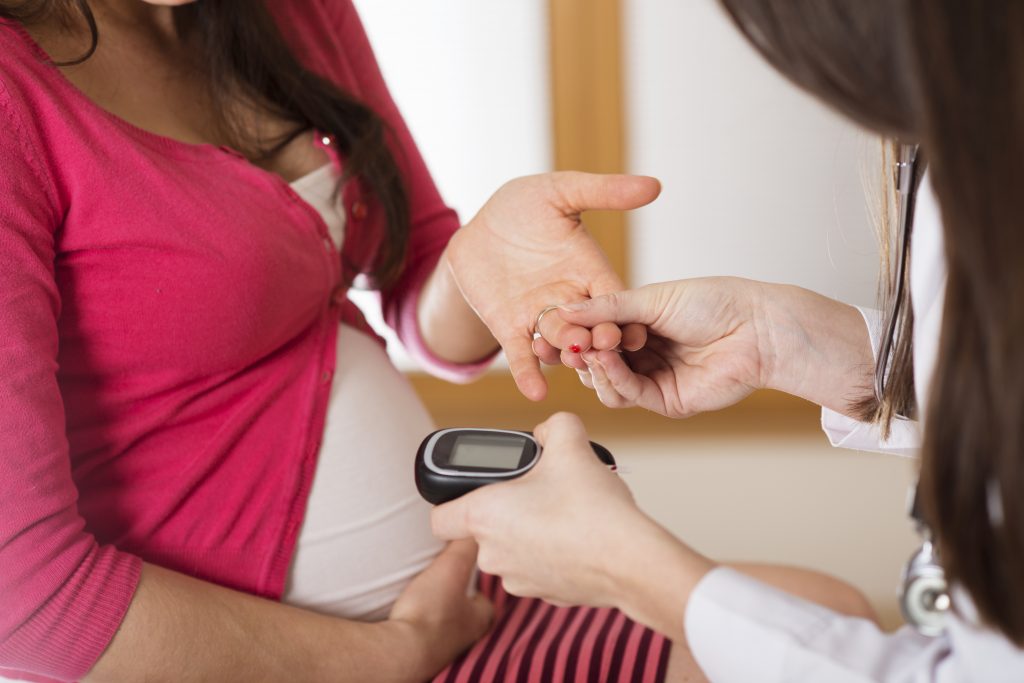 Gestational diabetes occurs when higher than normal blood glucose levels appear for the first time during pregnancy. This most commonly occurs around the 24th to 28th week of pregnancy. Following the birth of the baby, the mother’s blood glucose levels usually return to normal, but there is an increased risk that Type 2 diabetes will develop later in life. The administration of insulin is common in women with gestational diabetes.
Gestational diabetes occurs when higher than normal blood glucose levels appear for the first time during pregnancy. This most commonly occurs around the 24th to 28th week of pregnancy. Following the birth of the baby, the mother’s blood glucose levels usually return to normal, but there is an increased risk that Type 2 diabetes will develop later in life. The administration of insulin is common in women with gestational diabetes.




